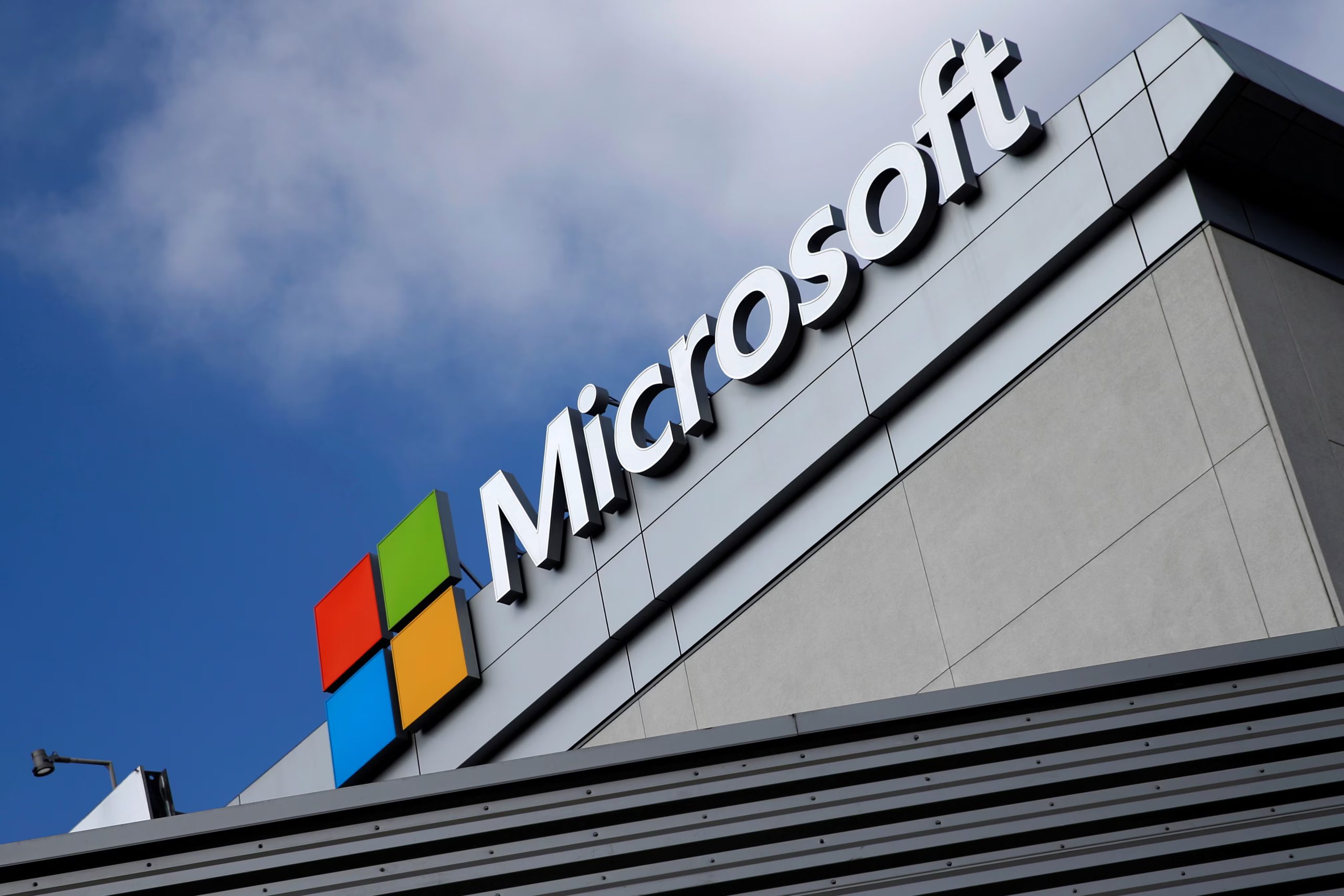The FBI has issued a new warning about the surge in email and web-based attacks, particularly during the holiday season. The warning highlights an increase in phishing attempts and malicious websites, with new AI tools making it even easier for attackers to deceive users. The FBI’s alert indicates that this year’s holiday season is proving to be the most dangerous yet for online threats, and users are being advised on how to stay vigilant against these increasingly sophisticated attacks.
In response to this growing threat, Microsoft is encouraging Windows users to switch to its Edge browser, claiming that it offers enhanced protection against phishing and malware attacks. The company’s messaging has emphasized the security features of Edge, positioning it as a safer option for browsing. However, this promotion of Edge often intersects with a broader marketing strategy, as Microsoft continues to push its products under the guise of improving security, a practice that some view as a grey area in terms of intent and transparency.

Recent developments show Microsoft’s ongoing efforts to increase the adoption of Edge. New pop-up references in the browser are encouraging users to set Edge as their default browser. These messages are part of a broader strategy to draw more users to Microsoft’s browser, even as these features are still under development. Despite these efforts, Microsoft faces an uphill battle, as Edge’s market share remains far smaller than Google Chrome’s, which continues to dominate the Windows desktop market.
While Microsoft’s Edge has been gaining some traction, Google’s Chrome browser is still vastly more popular. Microsoft’s attempts to lure users with security advantages have made little impact on Chrome’s user base, which has proven to be remarkably resilient. Even as privacy and security concerns have prompted some users to reconsider their browser choices, Chrome’s market share remains strong. The idea of Microsoft pushing more users to Edge through pop-up notifications and other features may have limited success.
The real threat to Chrome’s dominance may not come from Microsoft’s efforts but from ongoing regulatory pressure. The U.S. Department of Justice has been considering actions that could force Google to divest from Chrome, a move that Google has described as extreme. Meanwhile, Microsoft’s focus on enterprise solutions may be a more promising avenue for Edge’s growth. By convincing businesses to adopt Edge as part of a broader security strategy, Microsoft could potentially influence more users to make the switch at home as well.







Leave a Reply